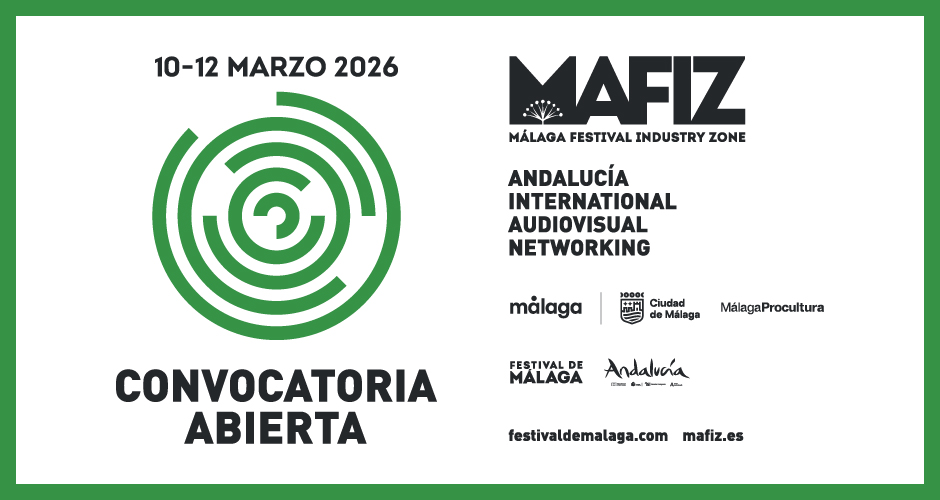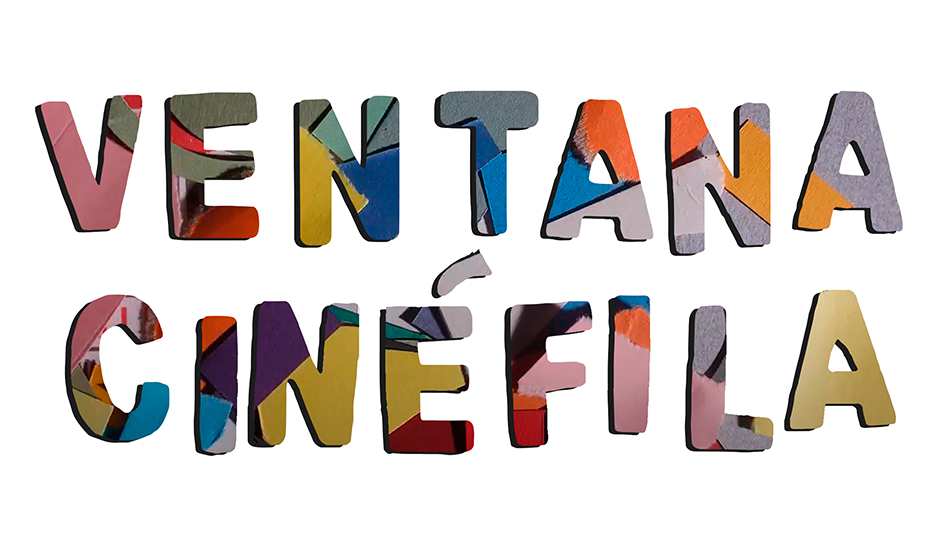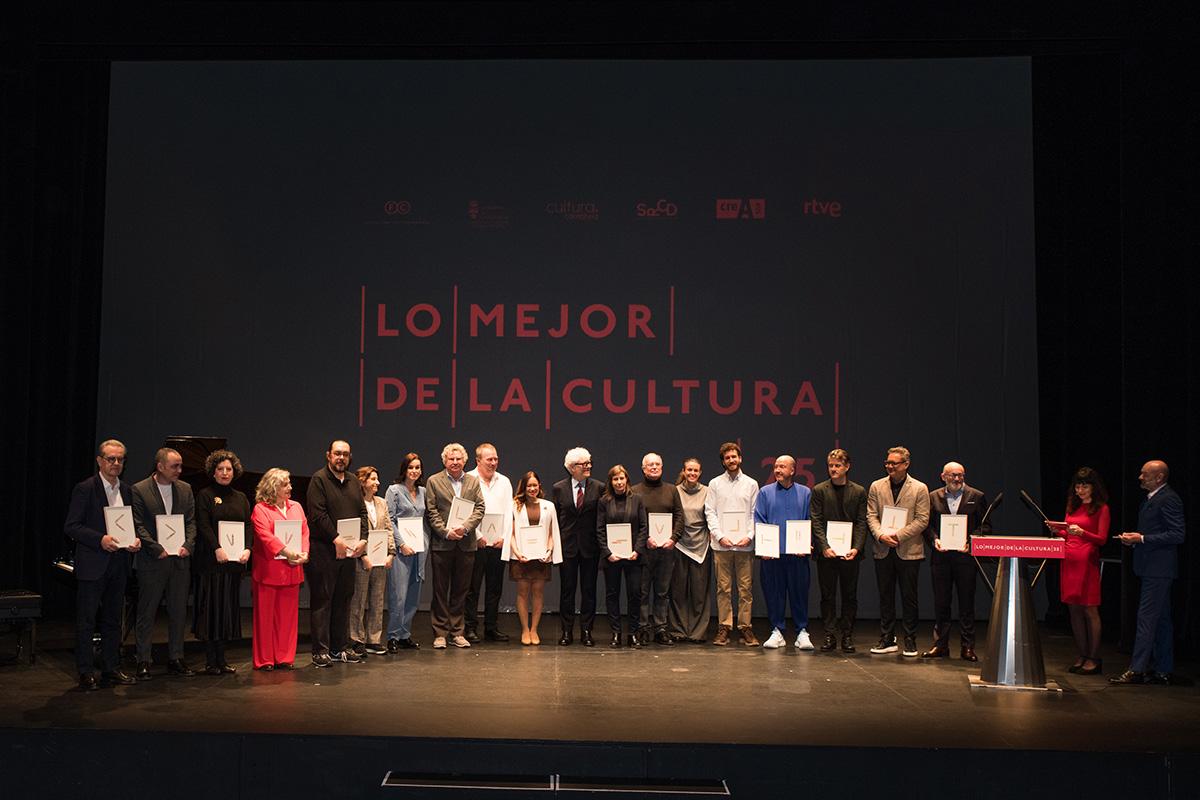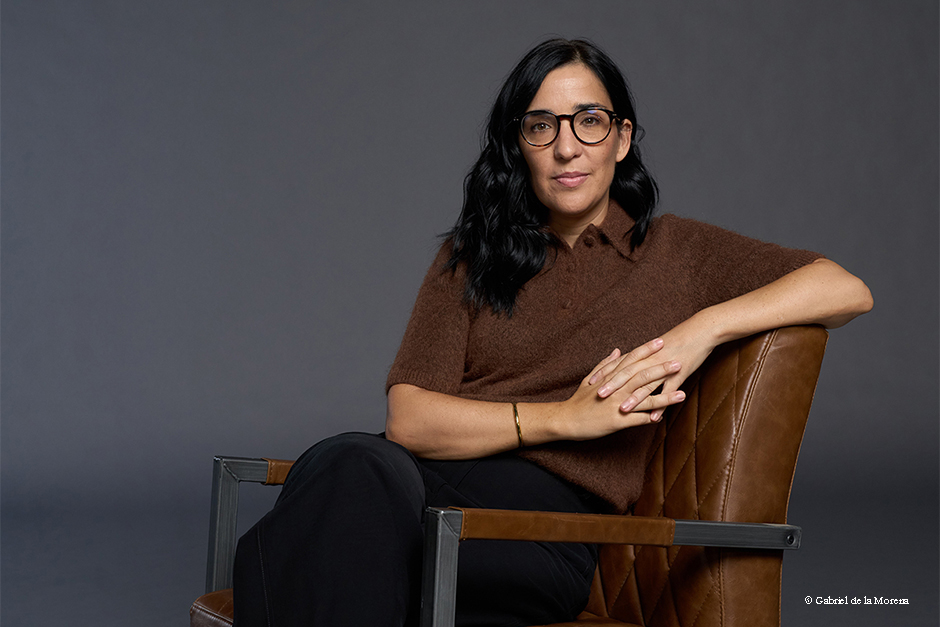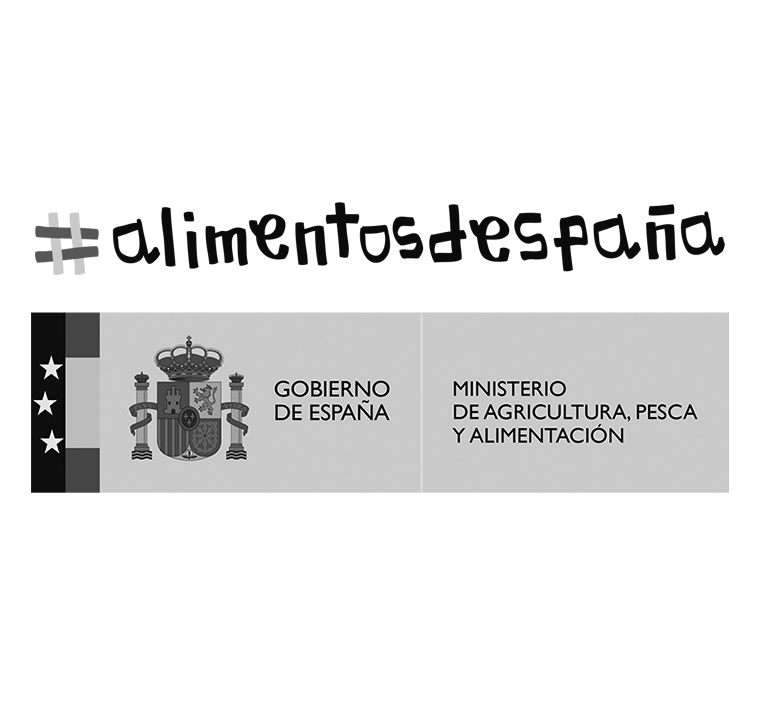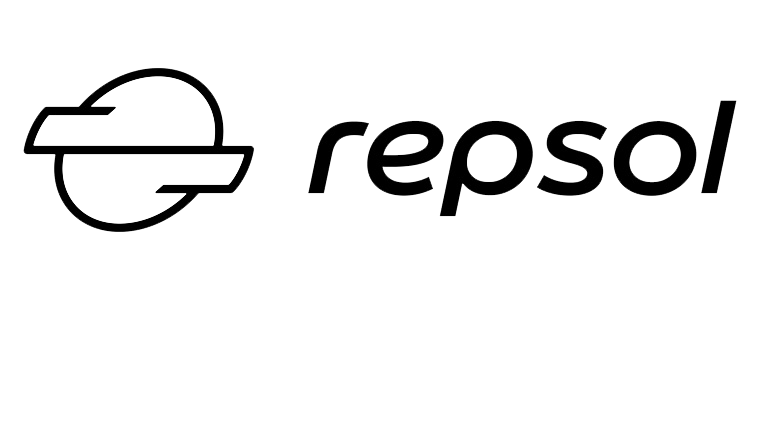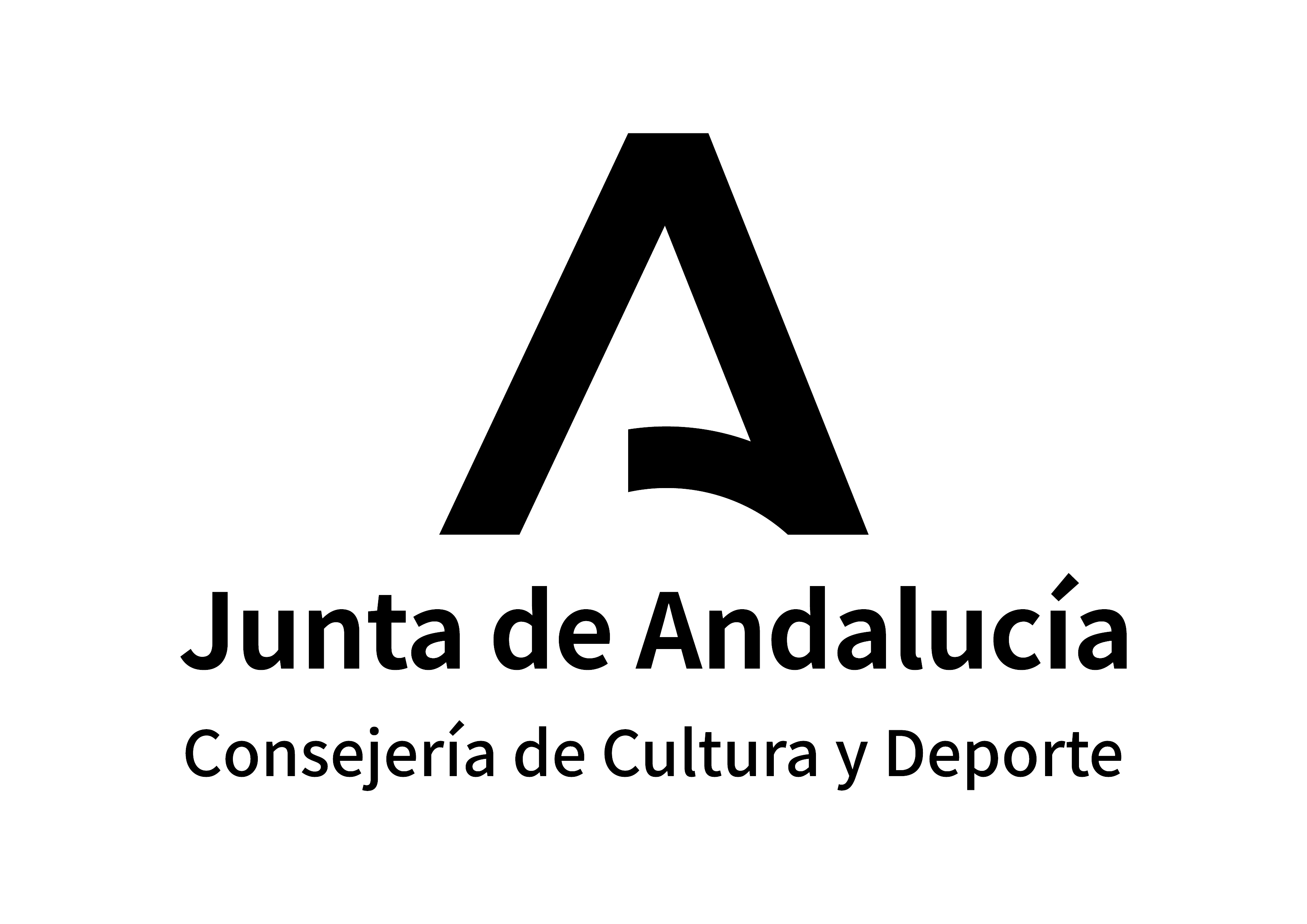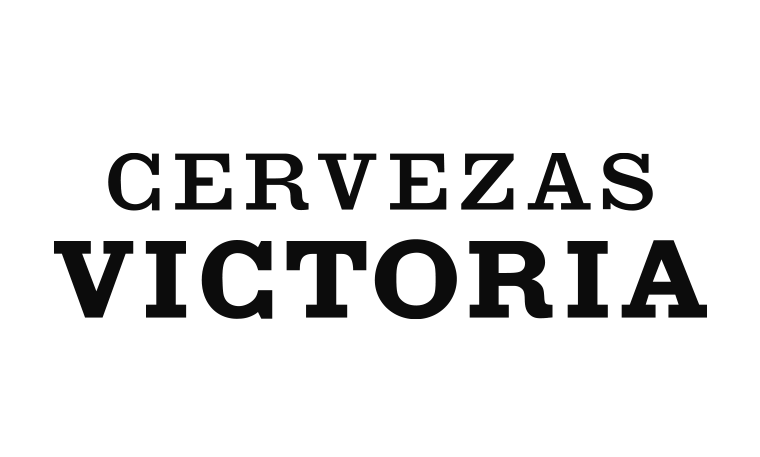AECINE and Egeda organise a debate on the code of ethics in AI for film and audiovisuals
The film industry seeks to set limits and criteria for responsible use of Artificial Intelligence
As part of the 28th Festival de Málaga, the Spanish Association of Independent Film Production Companies (AECINE), with the support of EGEDA, has organised a round table debate on the need for a code of ethics to lay the foundations for the ethical and responsible use of artificial intelligence in the audiovisual sector. Attended by Juan Antonio Vigar, Director of the Festival de Málaga, the meeting was held on Sunday 16 March at the Carmen Thyssen Museum Malaga.
Key issues such as intellectual property, rights management and the ethical implications of the use of AI in audiovisual production were addressed. María Luisa Gutiérrez, President of AECINE and CEO of Bowfinger International Pictures, moderated the debate with participation by experts such as Ignasi Camós, Director General of the ICAA; Clara Ruipérez de Azcárate, Director of Content Legal Strategy at Telefónica; and Eduardo Jiménez, founding partner of Free Your Mind and producer of Quexito Films.
Juan Antonio Vigar began the colloquium by pointing out the importance of debates such as these, in order to find out "how artificial intelligence will affect us in the short and medium term and what keys it gives us so that the sector is capable of reinventing itself once again". Rafael Sánchez, director of Institutional Relations and Communication at Egeda, stressed how "AI opens up possibilities in which we believe producers need some regulation".
Eduardo Jiménez gave the example of a spot they created with fourteen different artificial intelligences, a project that in the traditional way would have cost "more than a million euros, but this way it cost fifteen times less". However, he pointed out that "the big challenge ahead of us on a technical level is to have an AI that is able to understand what it is doing".
As to whether AI could kill jobs, the three speakers are clear, as Ignasi Camós added: "Revolutions linked to creation processes both destroy and create jobs". All have assured that AI is not coming to take jobs, because there will always be a need for people specialised in its operation.
Clara Ruipérez, like Jiménez, has pointed out that AI is perfect for tedious jobs: "What we need to do now is to humanise it, and for that we need new professionals". Likewise, in the words of Eduardo Jiménez: "Professionals don't want to do repetitive work, they are digital artists and they want challenges".
Ignasi Camós has announced that the ICAA is going to demand statements of compliance regarding the upstanding use of Artificial Intelligence for culturality certificates: "If AI models have been used, they will have to specify them and be held accountable for having complied with current regulations”. In the case of screenwriters, moreover, "a tool will be used to analyse how much of the script has been made with this technology".
In several European countries, creators are already required to specify in a questionnaire which AI they have used, what are the reasons for use and whether copyright and intellectual property rights have been respected. The speakers explained that "here we are going to use the statement of compliance because it seems to us to be more operational".
According to Clara Ruipérez, monitoring should focus more on the education part of AI: "a series of generative artificial intelligences have emerged that have been trained on a huge amount of data, leaving intellectual property unprotected”. She added: "As regulation is not going to come quickly and producers need to use it, we need to know what we can do so that everyone can rest assured that we are not linked to the fact that these AIs have been trained in violation of copyright," added Ruipérez.
The colloquium made it clear that Artificial Intelligence is a tool with enormous potential for the audiovisual industry, but its implementation must be accompanied by clear regulation and ethical use that protects the rights of creators. The development of a code of ethics is an essential step to ensure that AI not only optimises processes, but also respects the artistic and labour integrity of the sector.
Share









